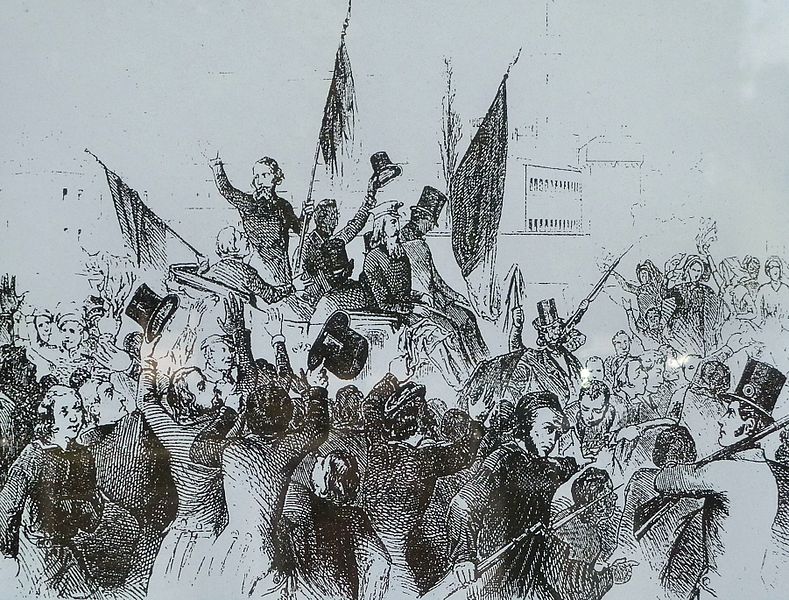

Such values were looked upon with derision in a socialist state in which the collective was far more important than the individual. Matthias Sammer lifting the DFB-Pokal trophy with Dynamo Dresden, 1990 Manfred Ewald, the East German Minister of Sport and President of his country’s Olympic Committee, remarked that “football has its own special value: individualism and fanaticism are stronger than discipline and rationalism.” The GDR was an Olympic force when it came to gymnastics, athletics, and swimming, but apart from their famous victory in Hamburg their record in football competitions was utterly unremarkable, the 1974 World Cup being their only ever appearance at a major international tournament.

East Germany may have won the match and the group at the World Cup, but it was West Germany captain Franz Beckenbauer who lifted the Cup in Munich a fortnight later.įootball never really gained favour amongst the East German sporting authorities. But these results were an anomaly and not even remotely representative of the footballing balance of power between the two countries. In a result that no one expected, East Germany beat their estranged compatriots 1-0, a victory that was politically exploited by East German propagandists. And once again the match took place in West Germany, this time in Hamburg. Two years later they met again on a more visible and prestigious stage: the World Cup.

At the 1972 Olympics East defeated West 3-2 in a second round match in Munich and ended up sharing the bronze medal with the Soviet Union. But, surprisingly, one sided in favour of the East Germans.

Prior to 1992 the head-to-head record between two national teams of East and West Germany was one sided, as one would imagine. West Germany captain Franz Beckenbauer shakes hands with his East Germany counterpart Bernd Bransch before their meeting in the 1974 World Cup


 0 kommentar(er)
0 kommentar(er)
